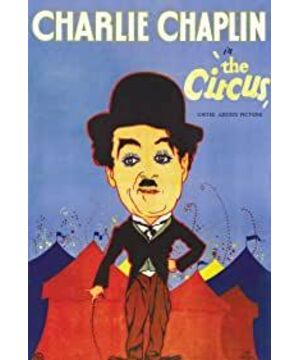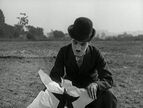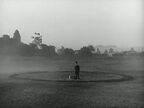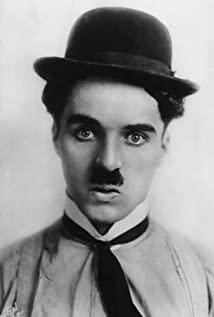I saw someone boasting the ending in the comment, but I didn't like the rest. I really don't know the goods. The first part of this film, especially the benefits of the first ten minutes, is said to be bad, so I won't repeat it.
The first few dozen minutes of this film did not lose to any of the films at the time, but the ending was very strange. Before, he gritted his teeth with the wire man without any preconditions. When he changed hands, he gave the girl to others, suspected of forced tragedy. Chaplin said: "Everything is autobiography." Maybe he wanted to reenact his real experience in the movie, so he made this deliberately.
There are also a lot of plots in the front that are crazy hints:
The girl's domestic violence father.
Divide the girl into half of the bread and remind her to eat slowly and not choke.
Living in the public eye is as difficult as walking a tightrope. There are people pulling money behind, and it can still maintain a not bad public image. However, the safety rope is so fragile. Once it is broken, it will be immediately humiliated by the public, and even almost killed. Some people in the audience exclaimed, some people ate popcorn to watch the excitement.
The lion in the cage is a disease-causing gene passed down to him by his mentally ill mother. Although he is asleep, he may wake up and eat him at any time. Gouzi was the media who chased him and wanted to make big news at the time, barking wildly to wake the lion. So after hearing the dog barking in the film, Charlie's first move was to cover his ears. He didn't want to listen, but the voice irritated his nerves through his fingers. In January 1927, Chaplin went to a theater with friends in New York. At the ticket office, he heard newsboys calling his name selling gossip newspapers. As a result, he fell ill and lay in bed for almost two weeks. His doctor said: "I don't know where this mental and physical breakdown will go, and it may even lead to his death."
The ending is a classic Chaplin-style ending copied and pasted in The Tramp of 1915, but without the kawaii oval cheeks of 1915. He was so lonely, so thin, and sickly in the dust raised by the team. Under the sharp morning light, it seems that the experience of the past year is written on his face.
Japanese movie advertisements in those days.
"Two and a half years of suffering, black hair drenched in frost, blood and tears of wanting to speak but unable to speak, the'circus' has finally arrived. Listen, waiting for me to confide the sadness of mankind to heaven, you see, for me The smiling face of waiting, his lonely figure who hides his sighs and tears in his chest."
View more about The Circus reviews








